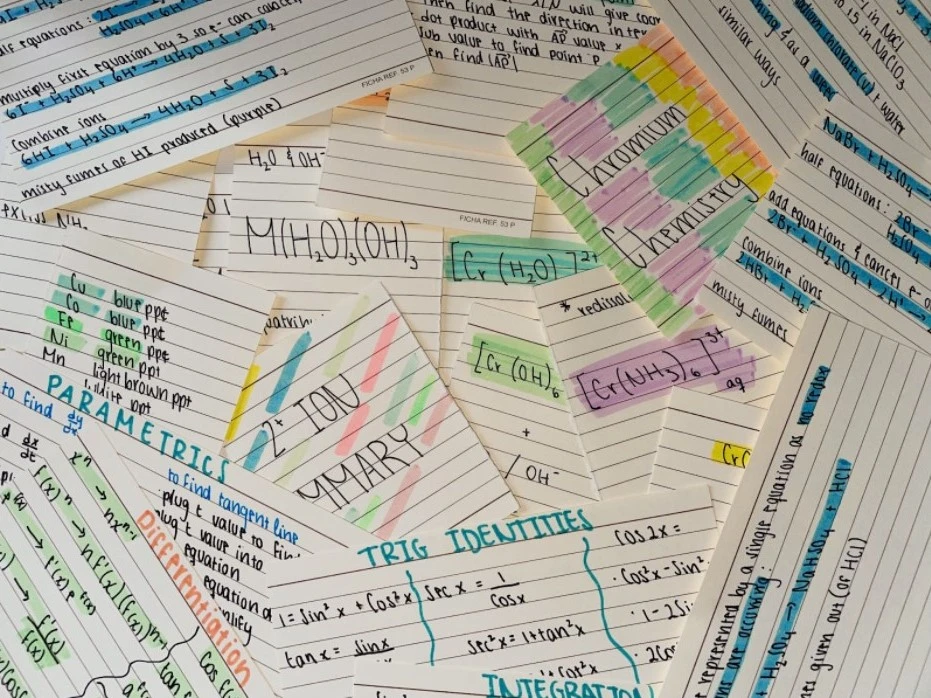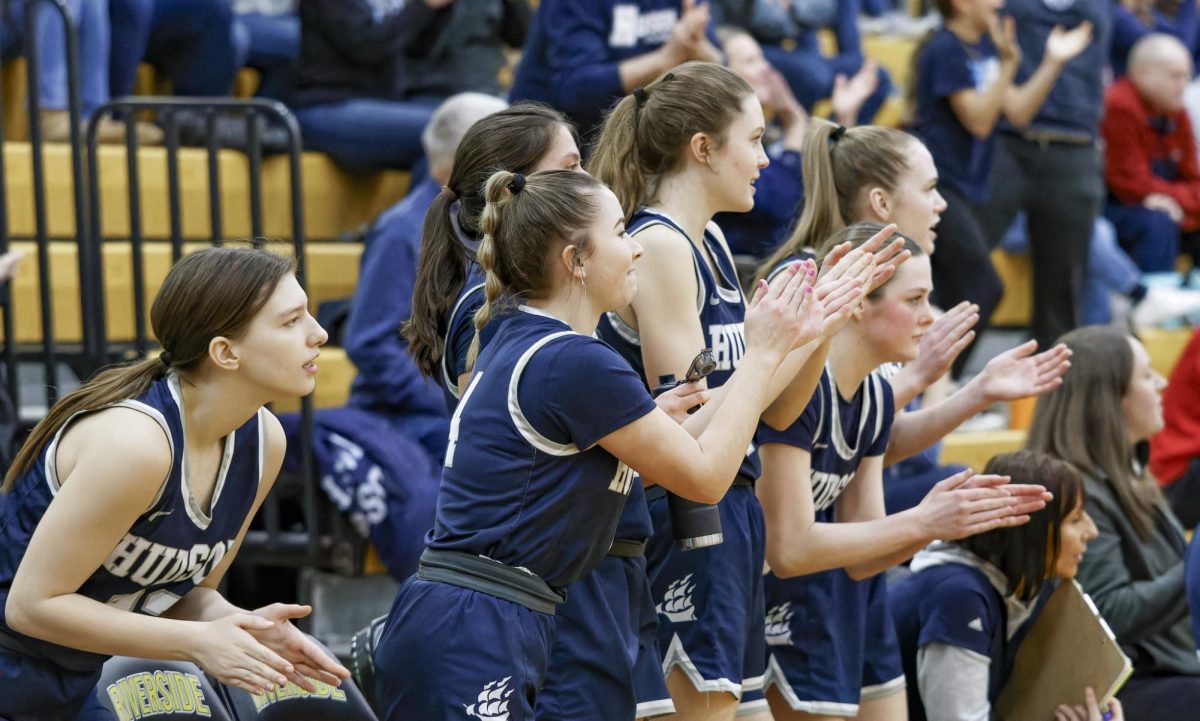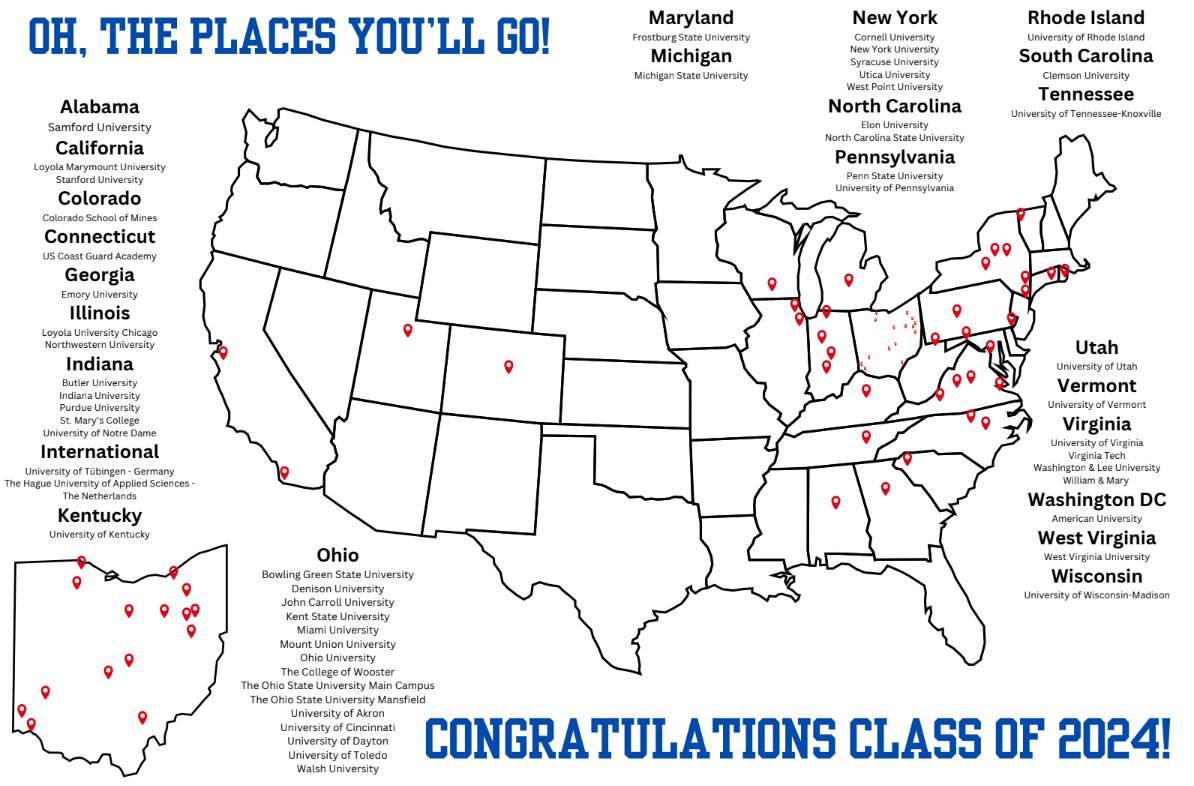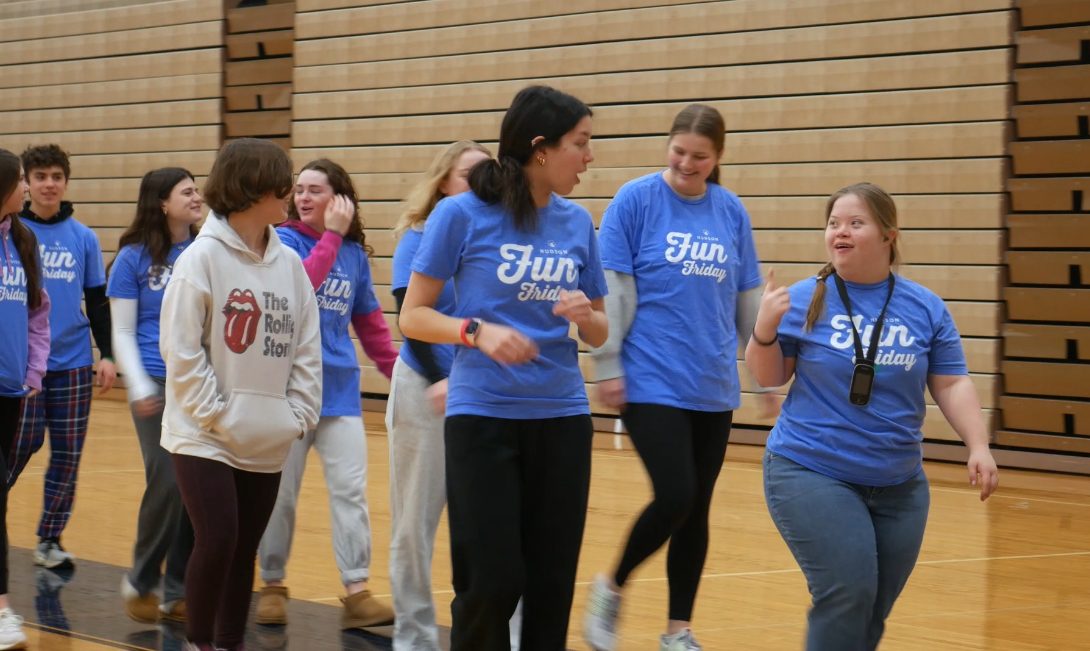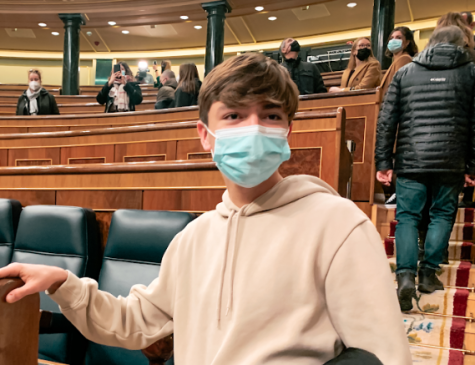
In the last few months, Chat GPT has become popular among millions of students looking to get their work and homework done quickly and without thinking. However, this is only the beginning of the potential that artificial intelligence will have in the near future. Millions of jobs will be affected and replaced by robots, and we humans will have to adapt. As technology continues to develop, AI is becoming an increasingly powerful tool in the hands of companies and organizations around the world. While it has the potential to improve many aspects of our lives, there are also concerns about its impact on the jobs of the future and the relationship between humans and machines. In this article, we explore how AI will affect humans and the jobs of the future.
First, it is important to know that artificial intelligence is a combination of algorithms that aims to think for itself and be able to solve problems. In recent years, this revolutionary technology has spread to all parts of the world. In fact, according to IBM, 35% of U.S. companies are already using AI, and 42% will do so in the next 5 years. It is important to mention that although it may seem that this technology is completely new, the truth is that it has been in use for decades long before the existence of platforms such as Chat GPT. However, for years, these technologies were too complex for widespread use, whereas now they are simpler and easier to use.
Overall, AI has the potential to improve efficiency and accuracy in a wide range of jobs. For example, in the healthcare field, AI can help doctors make more accurate diagnoses and identify patterns in large patient datasets. In the financial field, AI can help analyze information and make more accurate predictions about stock market performance. In manufacturing, AI can help robots perform assembly jobs more efficiently and accurately than human workers. In other words, artificial intelligence makes work easier for us humans, and this allows us to focus on new projects that will move us forward technologically in the long term more quickly and efficiently.
But the big question is: Is artificial intelligence good or bad? The answer is quite complicated, on the one hand, it is very positive that technology allows us to advance in fields such as science, medicine or the environment, but despite its benefits, it can also be dangerous and difficult to regulate. One of the things that most concern experts is how countries will regulate artificial intelligence. In the United States and Europe, there is concern that this technology will collect too much data from the population since the more data it has, the more accurate the AI response will be. The fact that this technology is still being developed makes it very difficult to create laws and protocols that allow countries to control it. Moreover, as we have already seen, artificial intelligence can help spread fake news much more easily. We are already seeing how it is increasingly difficult to know if a video or a song is made with artificial intelligence or if it is not a manipulation. Imagine how easy it will be in the future to manipulate democratic elections by filling the internet with bots that spread manipulated speeches of a candidate. Or as we have already seen, artificial intelligence could be used to collect data from millions of people and know what their concerns are, and thus create a perfect political speech to win an election. As Francis Bacon once said, information is power, and it is becoming easier and easier to get it thanks to artificial intelligence.
According to Gilles Babinet, vice-president of the French national digital council, the more talented people enter the industry, the more power we will have to counter those who misuse information. However, despite the fact that there are people who will use this technology with bad intentions, the reality is that it will be of great use in many fields, such as art. AI can be a great boost to the creativity of artists. In most cases, AI increases the potential for human innovation and creativity. An example of this is what we can already see for several months now on TikTok, images and graphic designs that have been generated entirely by artificial intelligence. From now on, companies and artists will find it easier to search for ideas for future projects or create logos in a simple and creative way. This leads us to wonder how many jobs will be replaced by artificial intelligence in the future. In the US, 47% of existing jobs today are at risk of being automated in the coming decades. According to researchers at Princeton University in New Jersey, the five jobs most at risk of disappearing are psychologists, journalists, teachers, lawyers and call center operators.
But despite this, there is no need to be afraid of change. Society evolves and has evolved throughout history. Years ago we also thought that millions of people would be unemployed because of the industrial revolution. Where there used to be 1,000 men building a house, today we have 100, and it doesn’t mean that people can’t adapt and find a new job. It is true that the transition is going to be fast and many jobs will disappear, but new ones will also be created. Artificial intelligence is a world that will give us opportunities to advance in the fight against diseases, scientific research, creativity and data collection and analysis. In conclusion, It is important that we adapt because no one can stop this new revolution.







